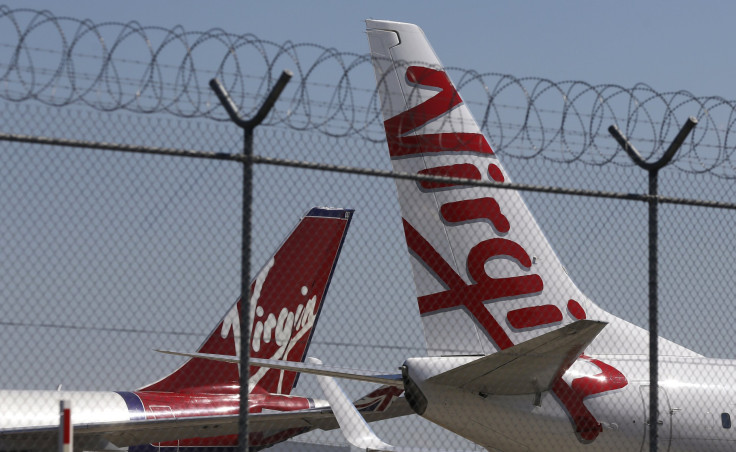Bali ash cloud, volcano eruptions cost Virgin $19.2 million but airline's half year profits soar

Charging 9.1 percent more for the average domestic airfare has not left Virgin disadvantaged in any way, as the airline announced on Thursday that it almost doubled its earnings in the first half of the financial year ending Dec. 31 2015.
Virgin Australia Holdings (ASX: VAH) posted its strongest performance since 2010, recording a $62.5 million half year profit after tax – a significant improvement from the $47.8 million loss it posted in the same period the year before.
Underlying earnings before interest and tax (EBIT) were posted at $130 million in its domestic division – an 86.5 percent improvement from the first half of FY15.
Contributing to Virgin’s strong performance in this area was the significant ground the airline gained in the domestic corporate and government market. It ended its price war with Qantas Domestic and lifted its services – all its flights now come with free baggage load and food – while launching ‘The Business’ on A330s to rival Qantas’ offering.
Although the company benefitted from lower fuel prices, this was largely offset by the weaker Australian dollar.
Virgin Australia International, on the other hand, suffered a $19.2 million blow due to the volcanic activity in Bali in 2015, which saw Australian carriers cancel their flights or experience flight delays.
However, Group CEO John Borghetti says this business is back “on track” to deliver a profit by the end of the 2017 financial year, with the action plan including the introduction of over 35,000 more seats to the airline’s trans-Tasman routes and adding ‘The Business’ on Melbourne and Brisbane flights to Fiji during peak periods.
Meanwhile, Tigerair Australia continues to build momentum, posting a $38.7 million improvement vis-à-vis the prior corresponding period when it posted a $24.8 million loss, with an underlying EBIT of $13.9 million.
This growth is set to be boosted as the carrier begins international flights from Melbourne, Adelaide and Perth to Bali from March 2016.
"The group has strengthened the fundamentals of each of the businesses through the half and is in a better position for sustainable growth," Borghetti said, adding that it will continue to maintain strict cost discipline while optimising the balance sheet.
“Based on current market conditions, all fundamental business metrics are on track for the Group to report a profit in the 2016 financial year.”




















